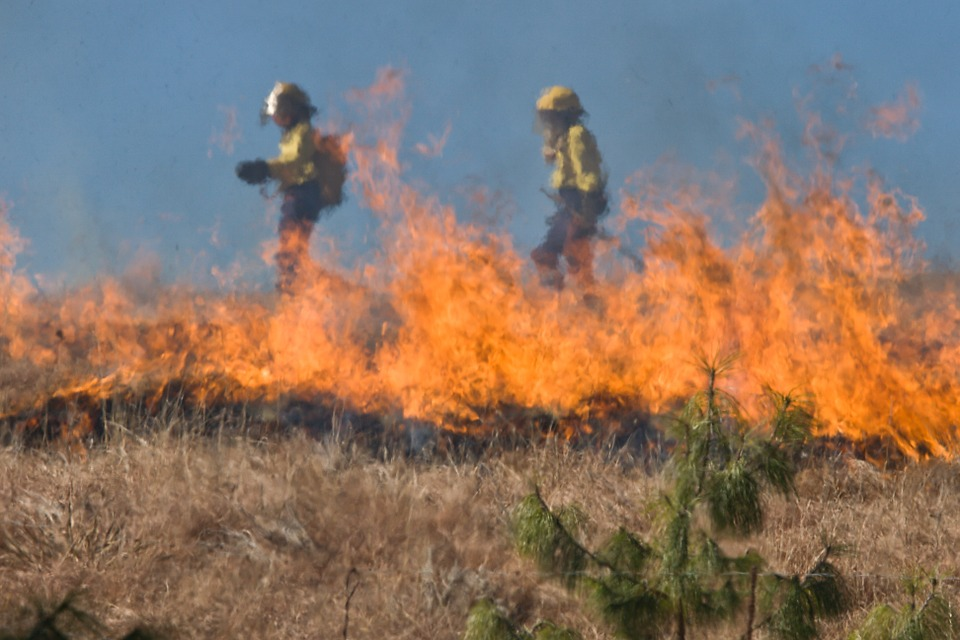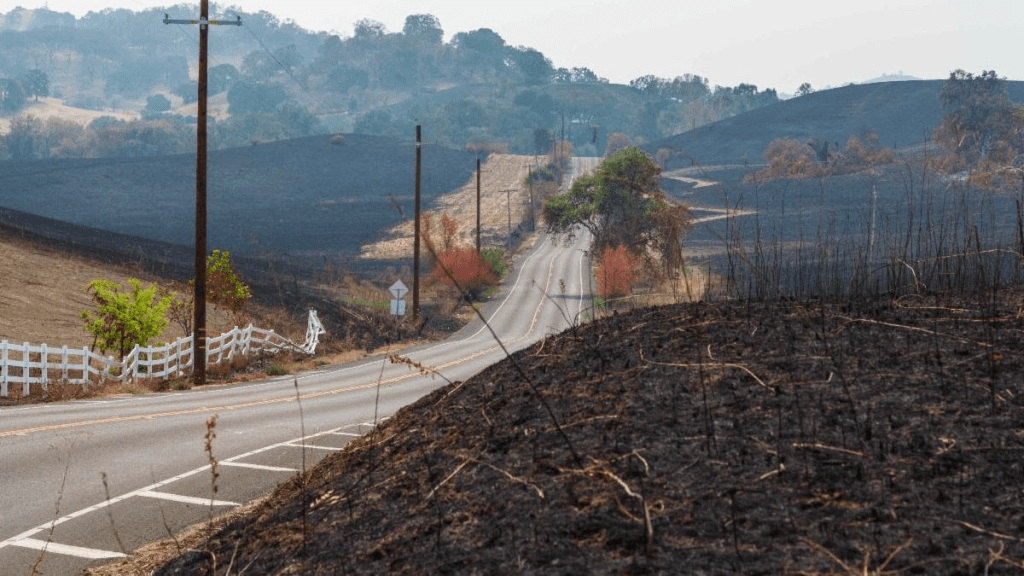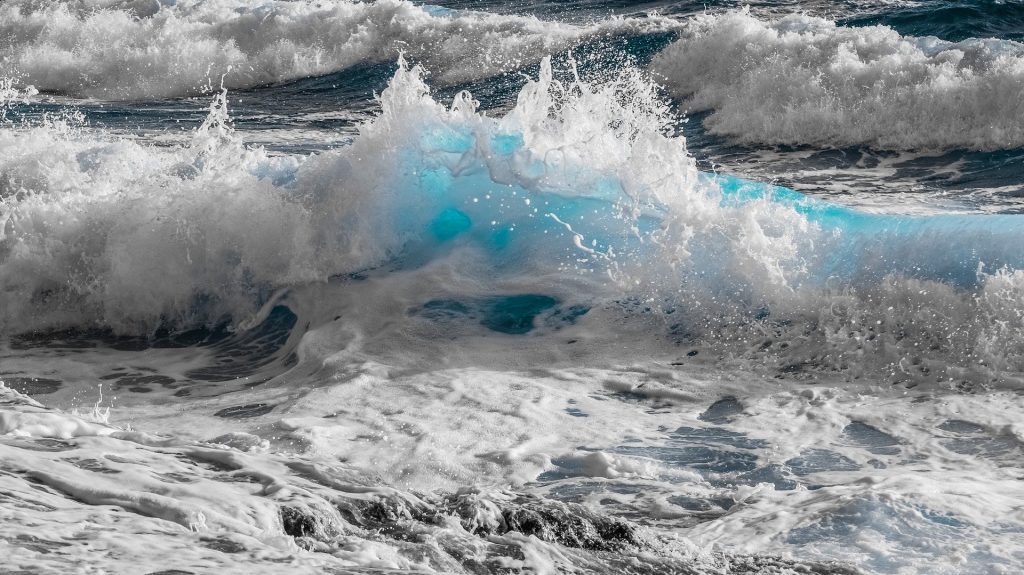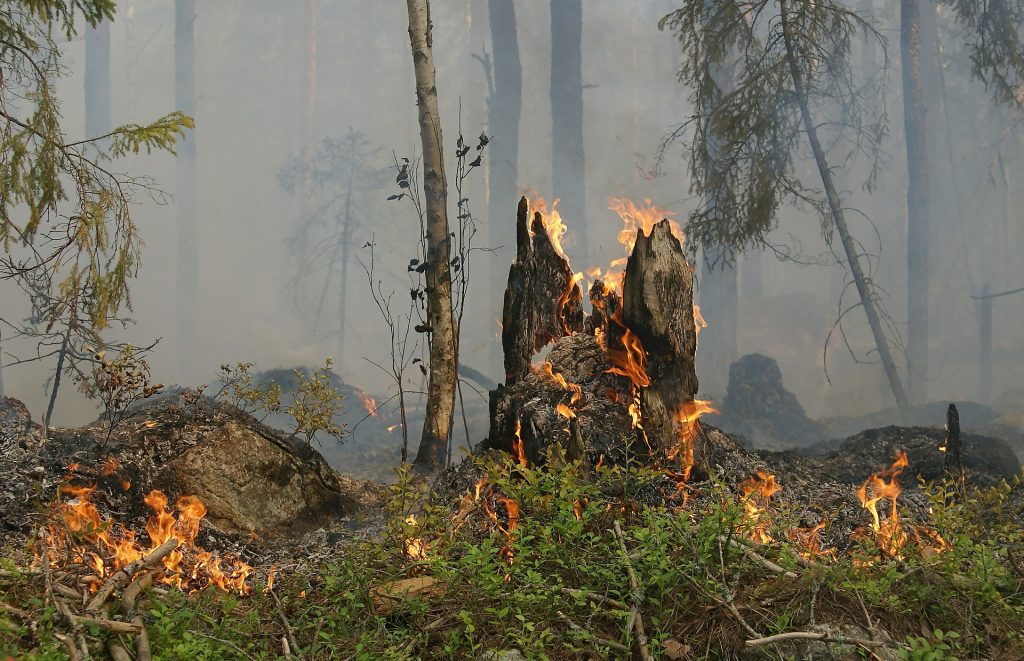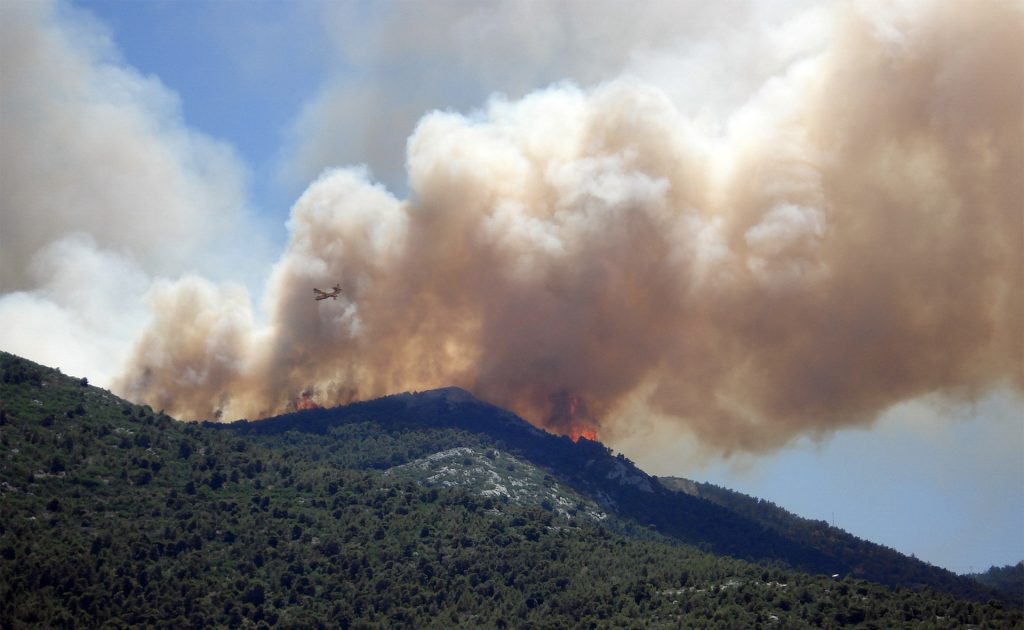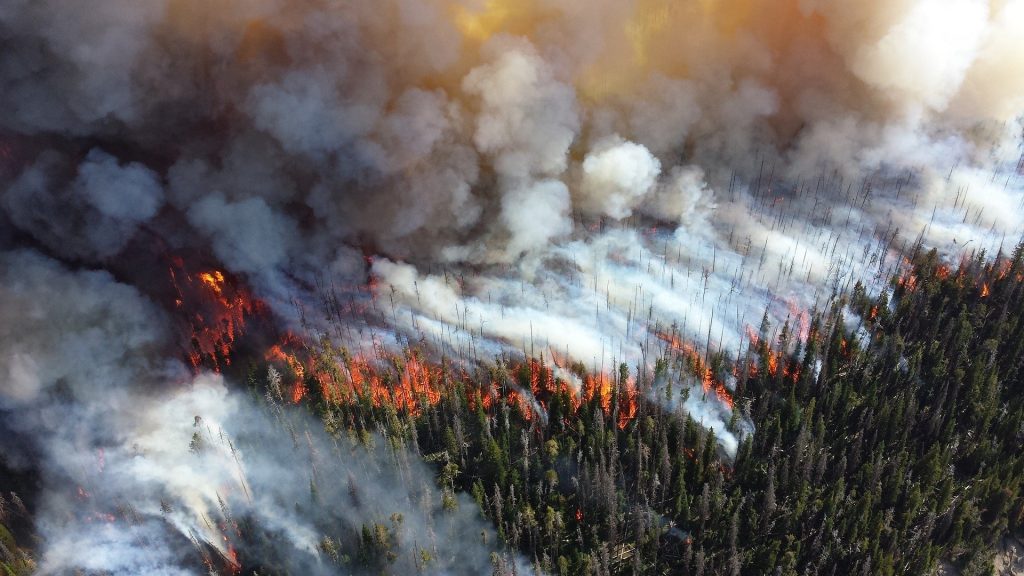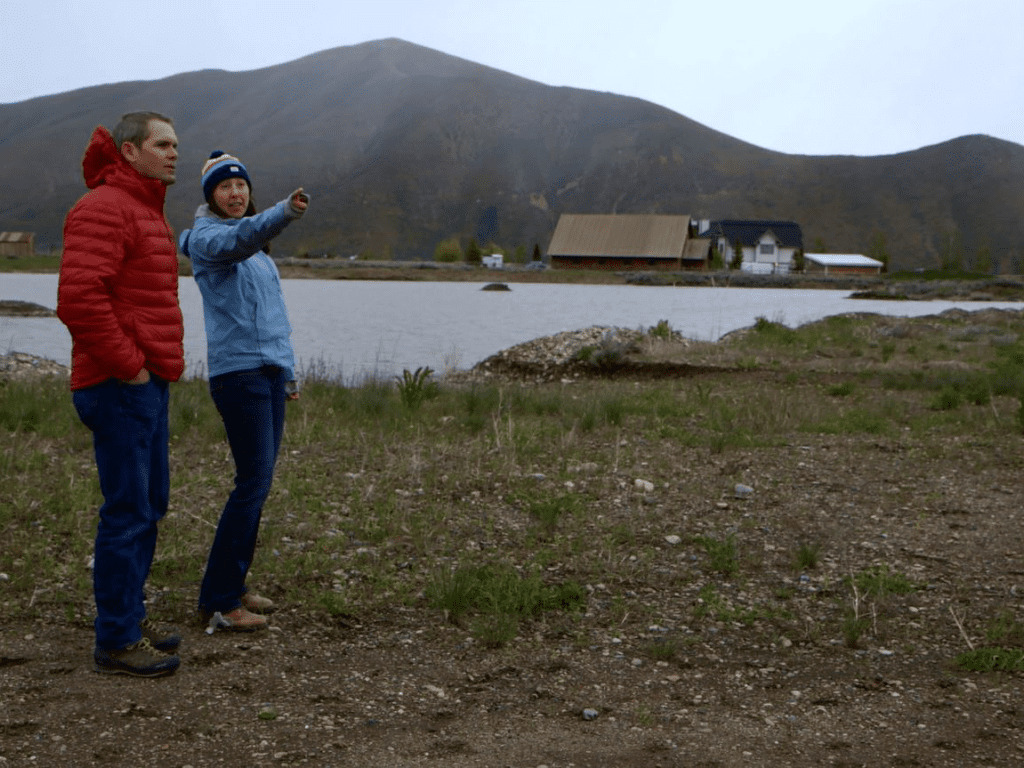Higher Atmospheric Thirst from Climate Change to Increase Fire Danger and Drought in California and Nevada
Since the start of the 21st century California and Nevada have suffered extreme wildland fires and droughts that have caused devastating impacts to ecosystems and society. A common feature of these events has been very high evaporative demand—the “thirst” of the atmosphere—which has largely been driven by increased air temperatures caused by anthropogenic climate change


